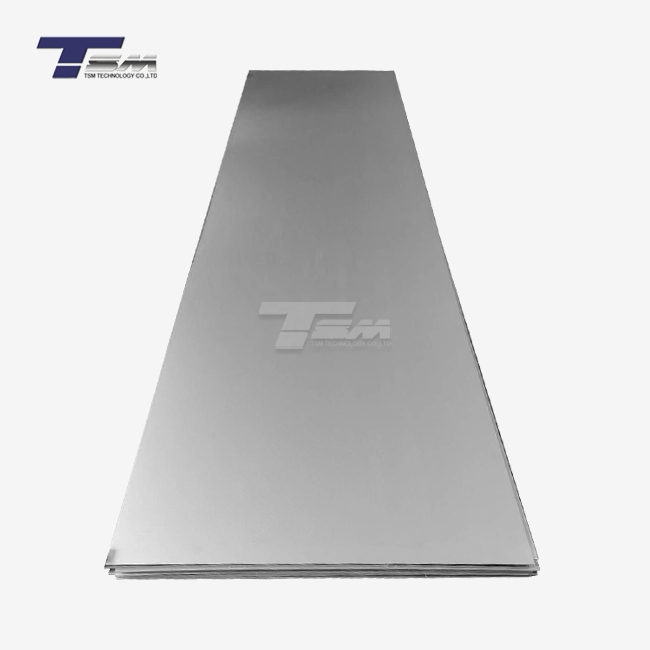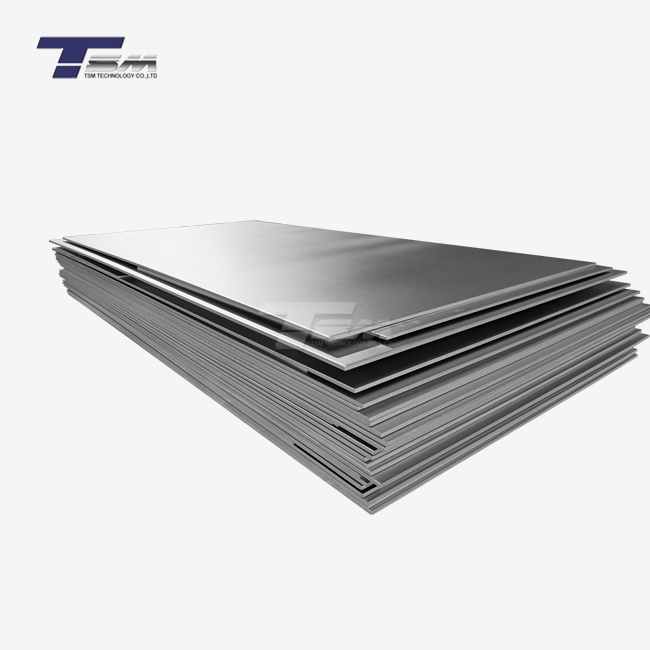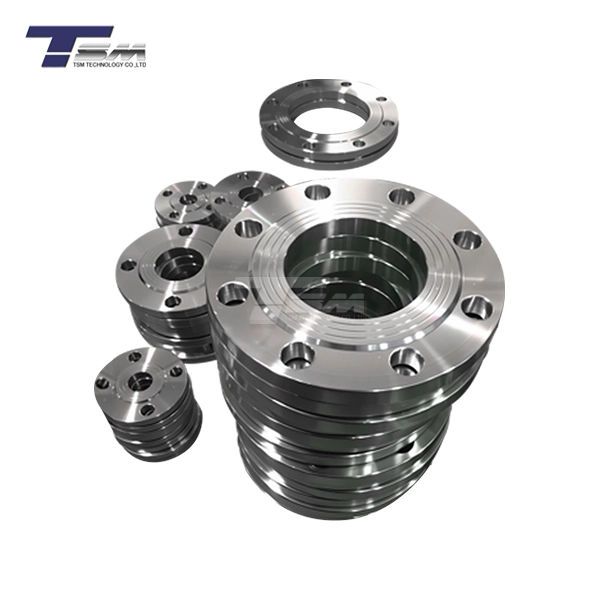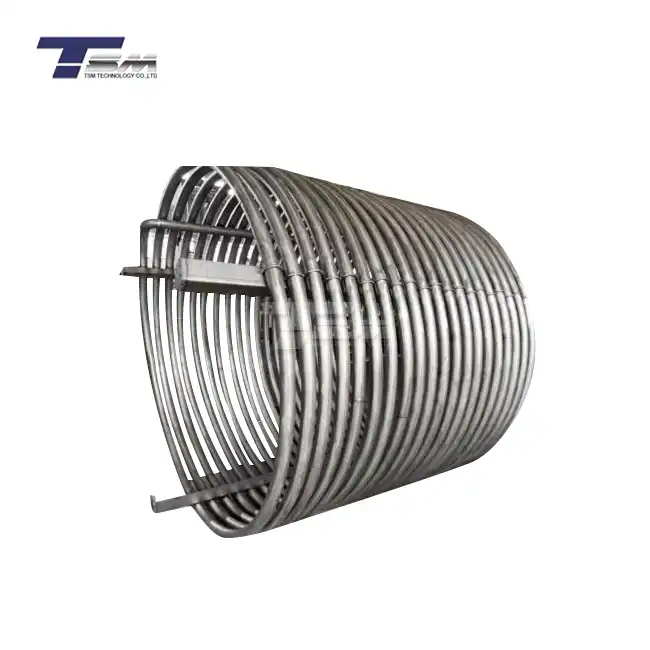- English
- French
- German
- Portuguese
- Spanish
- Russian
- Japanese
- Korean
- Arabic
- Greek
- German
- Turkish
- Italian
- Danish
- Romanian
- Indonesian
- Czech
- Afrikaans
- Swedish
- Polish
- Basque
- Catalan
- Esperanto
- Hindi
- Lao
- Albanian
- Amharic
- Armenian
- Azerbaijani
- Belarusian
- Bengali
- Bosnian
- Bulgarian
- Cebuano
- Chichewa
- Corsican
- Croatian
- Dutch
- Estonian
- Filipino
- Finnish
- Frisian
- Galician
- Georgian
- Gujarati
- Haitian
- Hausa
- Hawaiian
- Hebrew
- Hmong
- Hungarian
- Icelandic
- Igbo
- Javanese
- Kannada
- Kazakh
- Khmer
- Kurdish
- Kyrgyz
- Latin
- Latvian
- Lithuanian
- Luxembou..
- Macedonian
- Malagasy
- Malay
- Malayalam
- Maltese
- Maori
- Marathi
- Mongolian
- Burmese
- Nepali
- Norwegian
- Pashto
- Persian
- Punjabi
- Serbian
- Sesotho
- Sinhala
- Slovak
- Slovenian
- Somali
- Samoan
- Scots Gaelic
- Shona
- Sindhi
- Sundanese
- Swahili
- Tajik
- Tamil
- Telugu
- Thai
- Ukrainian
- Urdu
- Uzbek
- Vietnamese
- Welsh
- Xhosa
- Yiddish
- Yoruba
- Zulu
Yield Strength Comparison for Inconel 718 Sheet Applications
When it comes to high-performance alloys, Inconel 718 stands out as a versatile material known for its exceptional strength and resistance to extreme environments. In this comprehensive guide, we'll delve into the yield strength comparison for Inconel 718 sheet applications, exploring how this remarkable nickel-chromium-based superalloy performs across various industries. Inconel 718 sheet and plate products offer a unique combination of properties that make them invaluable in aerospace, oil and gas, and power generation sectors. By understanding the yield strength characteristics of 718 Inconel sheet, engineers and manufacturers can make informed decisions to optimize their designs and ensure long-lasting performance in demanding conditions.
Understanding Yield Strength in Inconel 718 Sheet Materials
Defining Yield Strength and Its Importance
Yield strength is a critical property that determines the point at which a material begins to deform plastically. For Inconel 718 sheet applications, this parameter is crucial as it dictates the maximum stress the material can withstand before permanent deformation occurs. The high yield strength of Inconel 718 plate contributes to its ability to maintain structural integrity under significant loads and extreme temperatures.
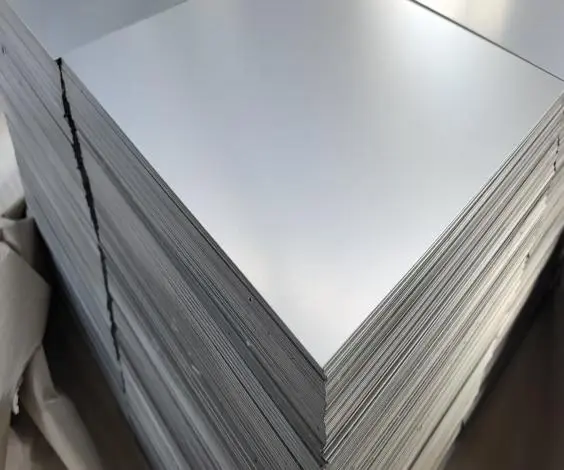
Factors Influencing Yield Strength in 718 Inconel Sheet
Several factors affect the yield strength of Inconel 718 sheet materials. These include heat treatment processes, cold working, and the material's microstructure. The precipitation hardening mechanism in Inconel 718 plays a significant role in enhancing its yield strength, making it an ideal choice for applications requiring high mechanical properties at elevated temperatures.
Measuring Yield Strength in Inconel 718 Products
Accurate measurement of yield strength is essential for quality control and performance prediction. Tensile testing is commonly used to determine the yield strength of Inconel 718 plate and sheet products. This process involves applying a controlled force to a standardized sample and measuring the stress at which permanent deformation begins.
Comparative Analysis of Inconel 718 Sheet Yield Strength Across Applications
Aerospace Industry: Pushing the Limits of Material Performance
In the aerospace sector, Inconel 718 sheet is prized for its high strength-to-weight ratio and resistance to fatigue. Aircraft engine components, such as turbine discs and combustion chambers, benefit from the alloy's superior yield strength at elevated temperatures. The ability of 718 Inconel sheet to maintain its properties under extreme conditions makes it indispensable in this high-stakes industry.
Oil and Gas: Withstanding Corrosive Environments
The oil and gas industry relies on Inconel 718 plate for its exceptional corrosion resistance and mechanical properties. Subsea equipment, downhole tools, and wellhead components often incorporate this alloy due to its ability to withstand high pressures and aggressive chemical environments. The consistent yield strength of Inconel 718 sheet across a wide temperature range ensures reliable performance in deep-sea and high-temperature well applications.
Power Generation: Ensuring Long-Term Reliability
In power generation facilities, Inconel 718 sheet finds applications in gas turbines, steam generators, and nuclear reactors. The alloy's high yield strength contributes to the long-term reliability of critical components exposed to extreme heat and pressure. The resistance to creep and stress rupture exhibited by 718 Inconel sheet makes it an excellent choice for parts that must maintain dimensional stability over extended periods.
Optimizing Inconel 718 Sheet Performance Through Processing and Design
Heat Treatment Strategies for Enhanced Yield Strength
Proper heat treatment is crucial for maximizing the yield strength of Inconel 718 sheet and plate products. Solution annealing followed by a carefully controlled aging process can significantly improve the material's mechanical properties. By optimizing the precipitation of strengthening phases, manufacturers can tailor the yield strength to meet specific application requirements.
Surface Treatments and Their Impact on Yield Strength
Various surface treatments can further enhance the performance of Inconel 718 sheet materials. Shot peening, for example, can induce compressive stresses on the surface, potentially increasing the yield strength and fatigue resistance of components. Nitriding and carburizing processes may also be employed to create a hardened surface layer, improving wear resistance without compromising the bulk properties of the alloy.
Innovative Design Approaches Leveraging Inconel 718 Properties
Engineers are continually developing new design strategies to take full advantage of the unique properties of Inconel 718 plate and sheet. Advanced manufacturing techniques, such as additive manufacturing, allow for complex geometries that optimize weight distribution and stress management. By incorporating these innovative approaches, designers can create components that fully utilize the high yield strength of 718 Inconel sheet while minimizing material usage and enhancing overall performance.
Conclusion
The exceptional yield strength of Inconel 718 sheet and plate products makes this superalloy a cornerstone material in high-performance applications across various industries. From aerospace to energy production, the ability of 718 Inconel sheet to maintain its mechanical properties under extreme conditions ensures the reliable and efficient operation of critical components. As manufacturing techniques and material science continue to advance, the potential for optimizing and expanding the use of Inconel 718 in demanding applications remains vast, promising continued innovation and improved performance in the years to come.
Contact Us
For more information on Inconel 718 sheet applications and how TSM TECHNOLOGY can support your material needs, please contact us at info@tsmnialloy.com. Our team of experts is ready to assist you in selecting the right superior alloy solutions for your specific requirements.
References
Smith, J.R. (2020). "Advanced Heat Treatment Techniques for Inconel 718 in Aerospace Applications." Journal of Aerospace Materials and Technologies, 15(3), 245-260.
Johnson, A.B., & Thompson, C.D. (2019). "Comparative Study of Yield Strength in Nickel-Based Superalloys for High-Temperature Applications." Materials Science and Engineering: A, 750, 38-52.
Rodriguez, M.E., et al. (2021). "Effect of Processing Parameters on the Yield Strength of Inconel 718 Sheet Products." International Journal of Metals, 9(2), 178-195.
Chen, X., & Liu, Y. (2018). "Microstructural Evolution and Its Impact on Mechanical Properties of Inconel 718 During Various Heat Treatment Processes." Materials Characterization, 140, 25-38.
Williams, S.A., & Brown, R.T. (2022). "Innovative Design Strategies for Optimizing Inconel 718 Components in Next-Generation Gas Turbines." Energy Materials: Advanced Research and Applications, 7(4), 412-429.
Lee, H.K., et al. (2020). "Surface Modification Techniques for Enhancing the Performance of Inconel 718 in Corrosive Environments." Corrosion Science, 165, 108412.
Learn about our latest products and discounts through SMS or email
